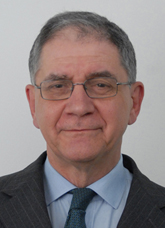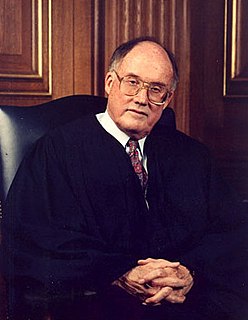A Quote by Camille Paglia
My anti-liberal position should not be mistaken for conservatism.
Related Quotes
Over the years, my marks on paper have landed me in all sorts of courts and controversies - I have been comprehensively labelled; anti-this and anti-that, anti-social, anti-football, anti-woman, anti-gay, anti-Semitic, anti-science, anti-republican, anti-American, anti-Australian - to recall just an armful of the antis.
Every historian loves the past or should do. If not, he has mistaken his vocation; but it is a short step from loving the past to regretting that it has ever changed. Conservatism is our greatest trade-risk; and we run psychoanalysts close in the belief that the only "normal" people are those who cause no trouble either to themselves or anybody else.
I think there's a growing amount of confusion about what conservatism is. And it is time for us to understand that conservatism is not built on personalities. Conservatism is not simply built on how angry you might seem from time to time. Conservatism is built on a set of principles and ideas that our nation desperately needs.
In my estimation, there should always be a mixture of economic liberalism - which means small government, a great emphasis on markets - but also a certain degree of social conservatism, not to favor change unless that change is beneficial. So I describe myself as an economic liberal and a social conservative.
If you look back to the anti-intervention movements, what were they? Let's take the Vietnam War - the biggest crime since the Second World War. You couldn't be opposed to the war for years. The mainstream liberal intellectuals were enthusiastically in support of the war. In Boston, a liberal city where I was, we literally couldn't have a public demonstration without it being violently broken up, with the liberal press applauding, until late 1966.


































